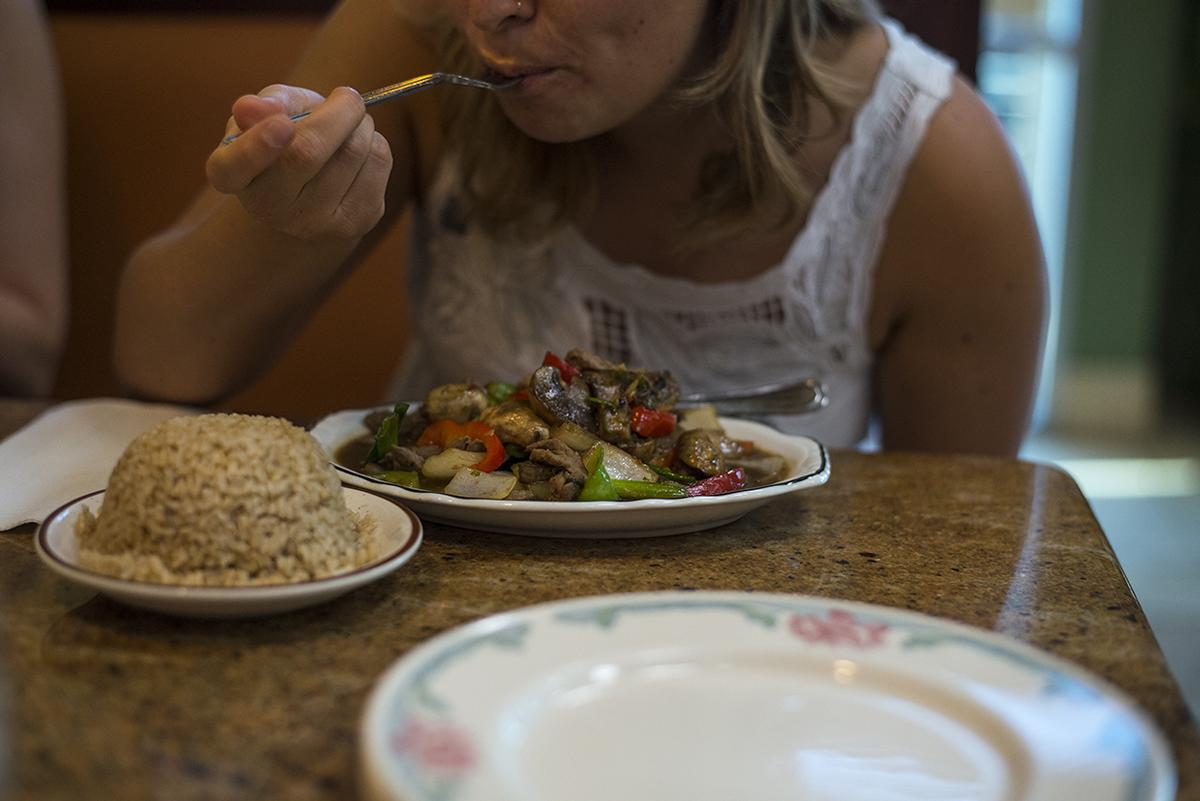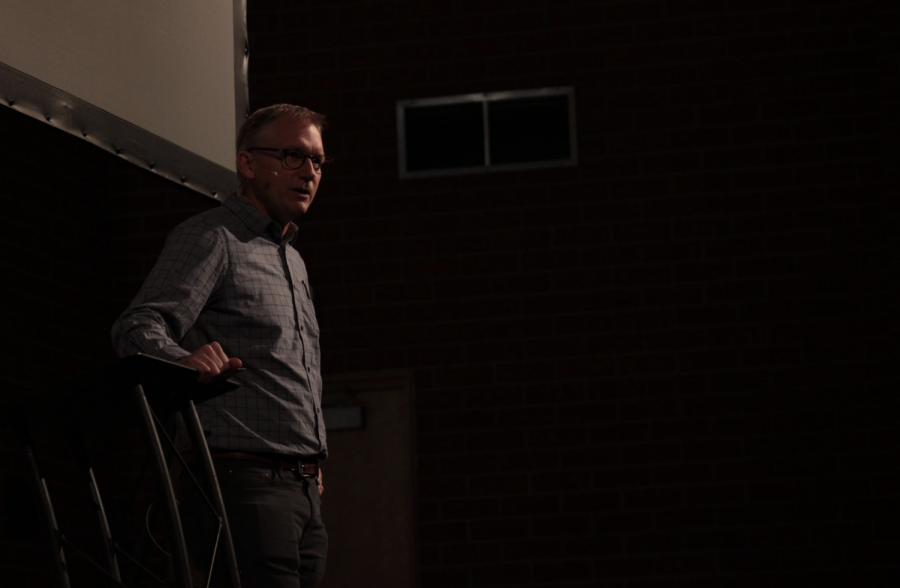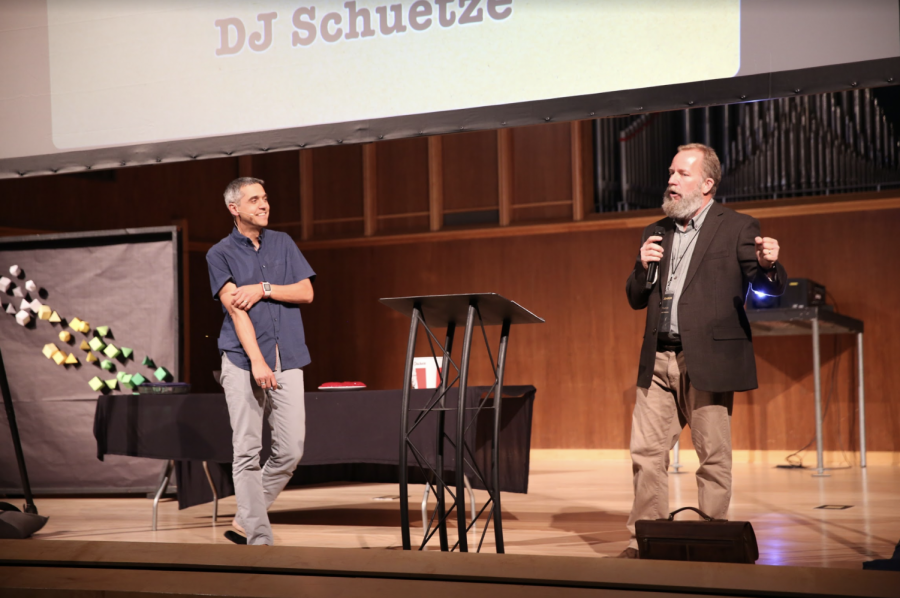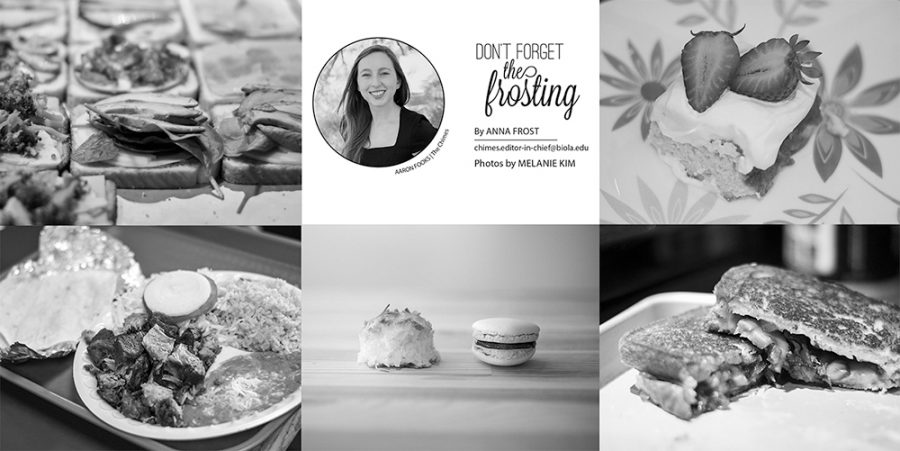Welcome to, or back to, Biola — pick which applies to you. Don’t Forget the Frosting returns for its third year as part of my mission to encourage everyone to love food fiercely and unapologetically. With that goal, I have stocked this week’s column with a simple message that will improve your whole semester.
Eating off campus enriches your college experience immensely. Anyone who tells you otherwise dislikes food and fun.
I could easily write this column as a jaded junior complaining about disappointing on-campus food offerings. But really, where is the fun in such an exercise? Expounding upon the Caf’s or Eagle’s Nest’s faults, which have already gained minor infamy via Instagram, seems tired and trite. Though true, warnings against pernicious meal equivalency options proves fairly unnecessary after one’s first few orders of the semester. Besides, the grub in our campus food service outlets could be worse, so we should give thanks for its current standards.
No, the importance of eating off campus has little to do with the state of on-campus food and everything to do with friendship and personal sanity.
THE BOND OF FOOD AND FELLOWSHIP
Few activities allow us to bond with another person better than a meal. Eating allows ample time for conversation, as well as a chance to learn about a person’s likes, dislikes and quirks. Does the prospect of sushi excite or disgust them? Do they eat their sides before the main entree, or hate when different foods touch? These simple and seemingly trivial preferences give us a look at the side of someone not seen in other parts of life.
Now, I realize you and your friends can sit down and eat together in the Caf. However, this differs from sharing an eating experience at a restaurant. The cafeteria format of each person choosing their own completely different meal pales in comparison to eating at the same restaurant.
Sure, the group can commiserate about the sheer amount of pasta offered or celebrate the appearance of a particular type of pizza, but it is not the same as trying a foreign cuisine or indulging in someone’s favorite comfort food. While most people order different entrees at a restaurant, diners still generally enjoy the same type of food. Such an experience cannot be had at campus eateries.
Something happens when you step or, more likely, drive off campus to an old favorite or a new discovery. If you live in Biola’s housing, you probably spend the majority of your days confined to the same 95 acres of land. Leaving campus breaks the monotony of studying and socializing among the same buildings, against the same scenery. In essence, it provides adventure.
FOOD JOURNEYS WORTH EXPLORING
Though it appears unlikely, incredible food journeys await bold explorers just outside Biola’s campus. The city of Los Angeles aside, Fullerton, Whittier and even La Mirada hold a smorgasbord ready for devouring. If you have a little more time on your hands, seeking out delights within Los Angeles’ Arts District, Little Tokyo, K-Town and other culture-rich neighborhoods make braving traffic well worth the experience. Partaking in such experiences with cool people facilitates strong friendships based in wild adventure and delicious food.
Breaking monotony invites adventure and preserves sanity. Walking among the same buildings, while studying in the same library and sitting in the same classrooms becomes mentally tiring with dulling sameness. Changing scenery and trying something new helps refresh your brain and prevent devastating burnout later in the semester.
If you do not have your own car, chances are you have a friend you can talk into getting behind the wheel for the sake of a sanity-saving adventure. Otherwise, alternative transportation such as the Biola shuttle or city buses provide a decent option for leaving campus.
In the past two years of attending Biola and writing this column, nothing has enhanced my college life more than eating delicious food with interesting people. Both of the talented girls who have photographed for my column, as well as other Chimes staff members who joined us for restaurant reviews, became my friends over shared meals and laughs.
Though you will leave Biola with an education and impressive degree at the end of your time here, the full stomachs with fantastic company enjoyed along the way make the time in between exams and homework memorable.











